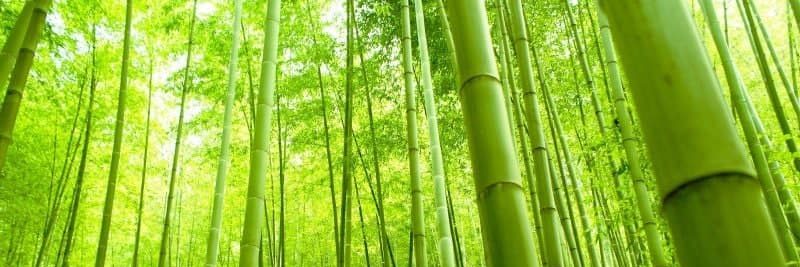
Dear Shifu, I get this from Theravada monks who say that it is someone’s bad karma to be born as animals and as such must undergo such sufferings… therefore, it does not matter. As long as it is dead when we buy from market, we don’t bear the karma. is it true? How can i reply? But i always thought if the buying stops, the killing stops.
Dear Audrey Ho, first off, while some may have such views, it does not necessarily reflect the view of the whole community, at least increasingly not.
On the principle that because it is their bad karma, so animals much undergo such sufferings … applying the principle to all sentient beings, then the Buddha should not have taught us Four Noble Truths and Eightfold paths to help us be free of suffering.
Such a view is fatalistic and seem to encourage and perpetuate harm, justifying it with karma.
This is similar to telling people in broken relationships that it is their karma to suffer in it, so let it be. That is just plain wrong.
On eating meat itself, as long as it is not live food, i.e. animals dying directly due to your order, it is allowed under the 3 exclusion clause, where out of compassion, one does not take meat from an animal seen, heard or suspected to be killed for oneself.
It is not too complicated to see the indirect link between buying and killing, as many including Ng Xin Zhao has highlighted. When we see images of sharks being cut for their fins, we feel sad. Why not other animals? One day I wondered, which animal can survive with their limbs severed?
As a side note, alms round in the Buddha’s time is irregular as the monks and nuns move from places to places every few days. Today in countries where alms are offered, it is a fairly regular, daily thing. As a result, all food that is offered is directly prepared for the monastics, and if certain animals are killed in bulk for these alms, then it would fulfill the clause of being directly killed for onself, and should not be accepted.
Unfortunately, there is no easy solution, especially when it has become a cultural identity or feature. In some countries, the five precepts are recited daily, only for the individuals to go on to prepare roadside hawker food, killing hundreds of shrimps, insects, as livelihood.
And on identity, I sometimes wonder if a strong stand on vegetarianism can sometimes backfire and dichotomise Theravada and Mahayana Buddhism, serving ironically as a fault line between the two, when it was meant to be a cultivation of compassion.
